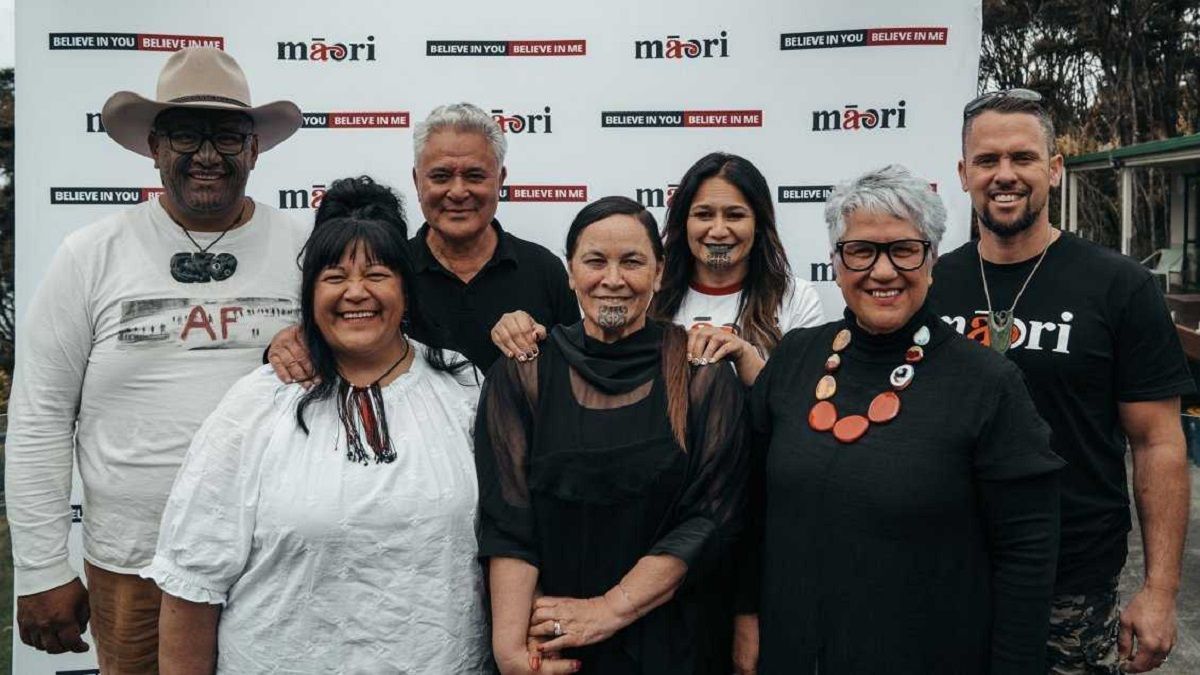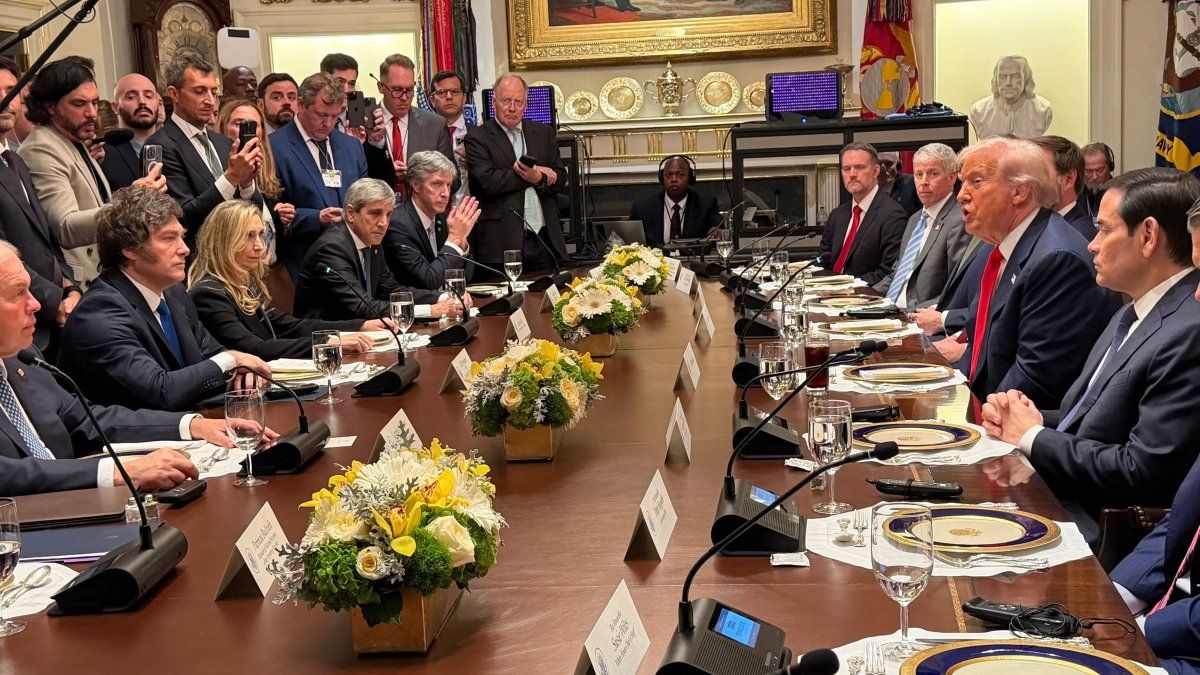The Maori Party maintains that the current name “dates back to a time of British colonization”so they prefer one linked to indigenous oral history.
“It is a readjustment of where we are as a nation”said Rawiri Waititi, co-leader of the Maori Party, a small party in Parliament that supported the petition, reported the Wall Street Journal.
For its part, the premier Jacinda Arden He said he agreed to “greater use of Aotearoa,” but the government is not officially studying a formal change, a spokeswoman said.
So far, more than half of those surveyed prefer to keep the current name, while the options of renaming Aotearoa or the combination Aotearoa New Zealand add up to a 40% in favor.
“We are a Polynesian country and we are Aotearoa”the Maori Party said last year when it opened the signature collection campaign.
The reasons for the name
Although the precise etymology of Aotearoa, the Maori name for New Zealand, is unknown, there are several theories about its origin, such as the one referring to one of the canoes of the great Polynesian migration or the mythological “long white cloud” that guided travellers.
With the British colonization in the 19th century, the name of New Zealand was adopted, which was given by the Dutch explorer abel tasman in allusion to a province of the Netherlands called Zeeland.
The request of the Maori Party coincides with a moment of recognition by the Government of Labor Jacinda Ardern of the culture of the original peoples.
Ardern, who speaks Maori in some of his speeches and performs some of the traditional ceremonies, declared Maori New Year (Mataraki) a national holiday earlier this year to recognize New Zealanders’ shared identity.
“The people of this land (Tangata whenua) are fed up with our ancestral names being tampered with, bastardized and ignored. We are in the 21st century, this must change”, stressed the Maori Party in its campaign launched on social networks.
Over the years there have been several petitions and attempts to change New Zealand’s name, including in 1895 a request to officially adopt “Moriland”, which was already an unofficial name for the country.
When Abel Tasman sighted these well-populated shores in 1642, he named the place Staten Land, believing it was somehow connected to an Island of the States in what is now Argentina. Later, a cartographer from the Dutch East India Company gave it the name Nieuw Zeeland (or Nova Zeelandia in Latin).
“Zee” in Dutch translates to “sea”, and its etymology in English is complicated. In northern European languages Sjælland described a place closely linked to the sea.
Source: Ambito
David William is a talented author who has made a name for himself in the world of writing. He is a professional author who writes on a wide range of topics, from general interest to opinion news. David is currently working as a writer at 24 hours worlds where he brings his unique perspective and in-depth research to his articles, making them both informative and engaging.




